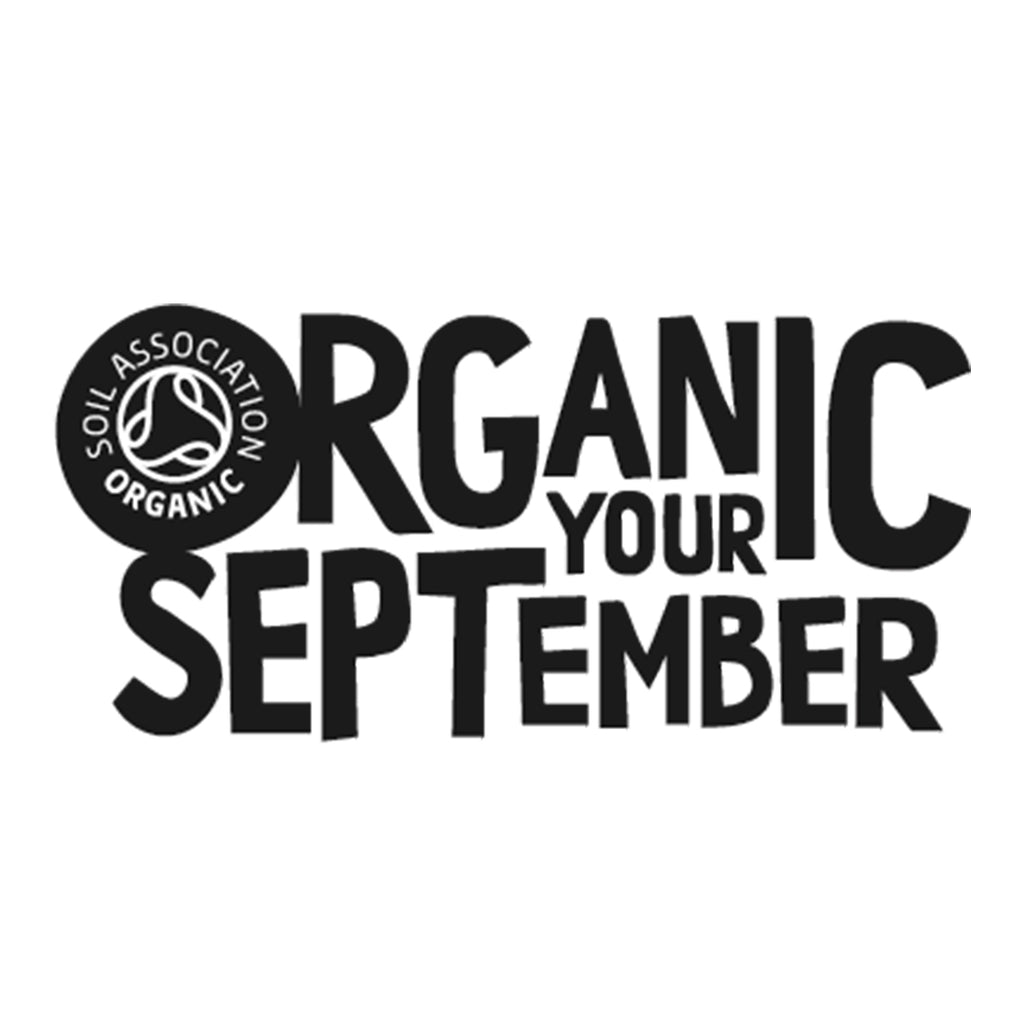Whether a humble potatoes or a choc indulgence, everything we eat originates from the soil. In fact there is a surprisingly direct relationship between us, the food on our plates and the ground under our feet.
As the writer, pilgrim and peace activist, Satish Kumar points out, the words ‘human’ and ‘humus’ have a common derivation. Ultimately, we are all ‘of the soil’. Soil may not be something you think of daily, but if you’re in the business of organic like we are, it’s the foundation of everything you do. Without it, we’re be in big trouble, so it’s encouraging that Government are starting to more formally recognise the critical value of our soil.
Back on the farm, whether Bedford or Brazil, organic producers are already setting the benchmark for soil protection. There efforts with carbon management, drought resilience and stability are all areas that the Government, and the general population, increasingly recognise as vital. And they are all areas where organic has a powerful message and positive influence. Our success story could be the encouragement needed to demonstrate that new Government ambitions can be met, and to help more consumers and businesses grow the organic sector. We at the Soil Association have big hopes for a new English Organic Plan, which with a bit more lobbying and government support, could become an important roadmap for rewarding farmers who use public money for public good.
This is the time of year when organic brands like Seed & Bean, retailers and event organisers have all come together to tell their story, and show how they are contributing to better food and farming. We want to help people eat well, whist combating climate change, supporting wildlife and avoiding controversial chemicals in food. Buy buying organic consumers are voting for positive change. Organic September is our collective chance to reach consumers and show them high quality, accessible, future facing and frankly, food as it should be.
Did you know?
- If all farm land in the UK converted to organic, it would be the equivalent of taking million cars off the road.
- There are more organisms in a tablespoon of healthy soil than there are people on the planet
- Before the word organic was coined, organic farming used to be called ‘closed’ farming, which refers to the farm non-reliance on bought in chemicals.
- A study by Newcastle University found that there are 47% more beneficial omega-3 fatty acids in organic milk and meat when compared with non-organic
- Organic farms typically support 50% more wildlife
To find out more about how you have be part of the Organic September celebration, visit www.soilassociation.org/organicseptember.











